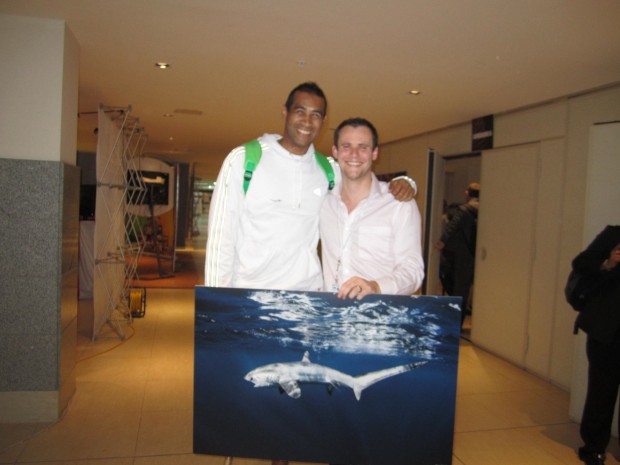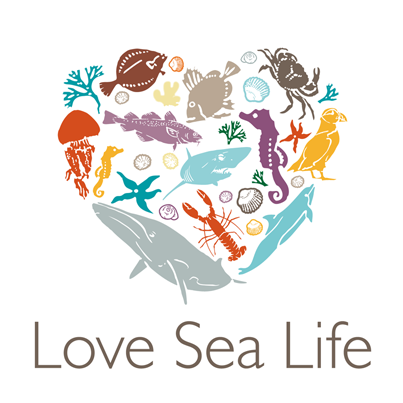The UK delegation to Quito write about their experience at the Convention on the Conservation of Migratory Species of Wild Animals (CMS) - and their success in securing consensus for the UK proposal to protect three species of thresher shark
After a 16 hour flight the UK delegation arrived in Quito, Ecuador alongside 54 other governments, a number of non-party governments, and significant representation from civil society, for a meeting of the Convention on the Conservation of Migratory Species of Wild Animals.
Battling altitude, jet lag, broken laptops, and the occasional battering with hailstones, the UK delegation pursued objectives on a number of fronts, including work relating to the poisoning of wild birds and efforts to reform the Convention through improvements in efficiency and effectiveness.

The meeting also had a distinctly marine theme which is why an official from Defra’s Marine Species Team joined the UK delegation comprising of policy officials from the Defra International Biodiversity Team, a legal advisor and an expert from JNCC.
Twenty-three of the thirty-two species proposed by Parties for improved protection were marine species, and important Resolutions were proposed to: recognise the importance of conserving sharks and rays; strengthen work on marine debris; establish guidelines for boat based marine wildlife watching; provide impetus for the banning of live captures of cetaceans; and take forward work on determining the importance of taking into account social behaviour and ‘culture’ in directing conservation efforts, in particular for cetaceans.
The UK government also had a keen interest in the meeting as it had tabled on behalf of the EU, and was actively championing, a proposal to list three species of thresher shark on the CMS. This was alongside proposals from other governments to improve the protection for silky sharks, hammerhead sharks, reef manta ray, mobula rays, sawfish, Cuvier’s beaked whale, European eel, and polar bear.
Long days and late nights were necessary to get through a very packed agenda and with the need to fit in Working Groups alongside EU coordination first thing in the morning, at lunchtime, and in the evening there was precious little time for sleeping or eating. This meant the first day off on Saturday was very much needed. The break was short lived though as we returned on Sunday for the final day to agree all the proposals.

All the hard work and long nights were finally rewarded however when all the proposals for improved marine species protection and all the marine Resolutions were passed successfully with the UK thresher shark proposal securing consensus.
To top off a hugely successful meeting, UK efforts to push for improved conservation and management of sharks were recognised by the Pew environment group through the award of ‘shark champion’ which was delivered by South African Olympic medalist, and great white shark attack survivor, Achmat Hassiem.
Now all that remains is the long flight home!

